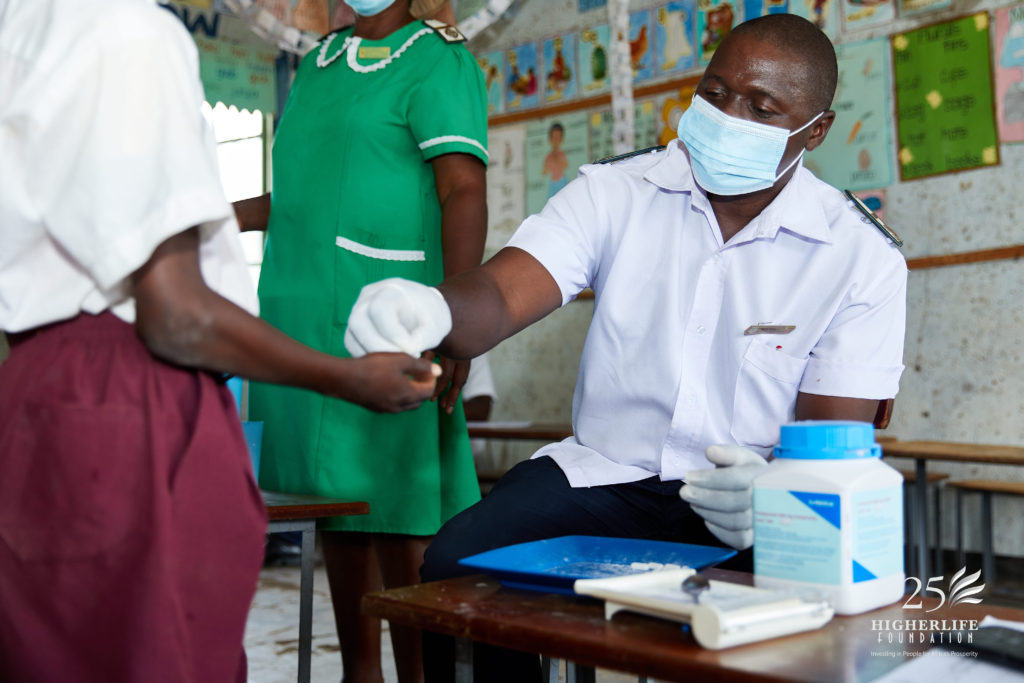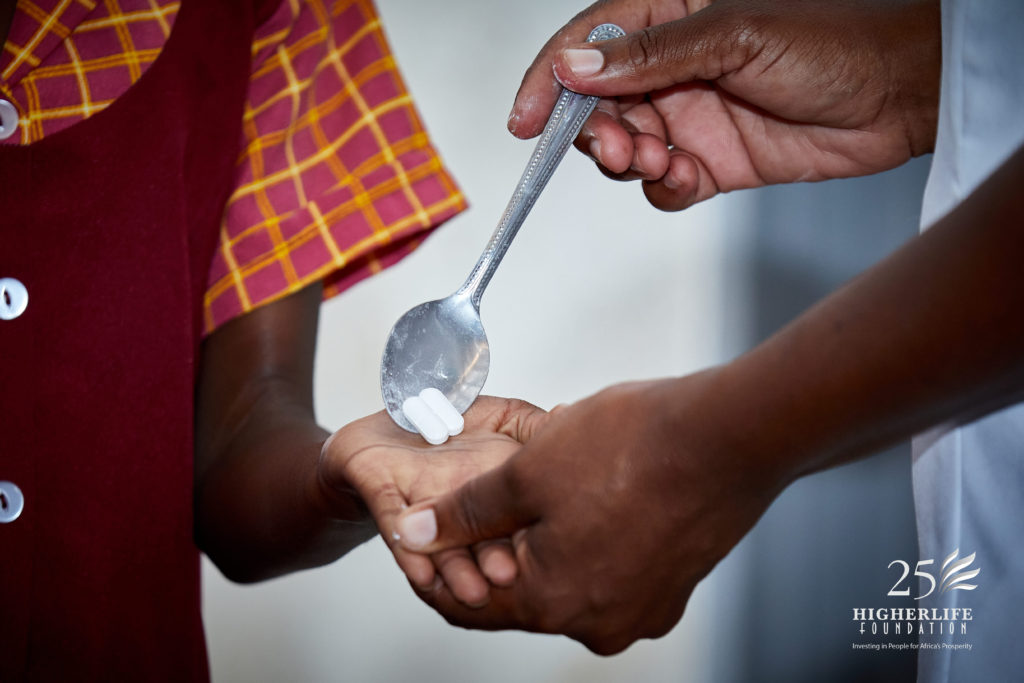
A single bracelet does not jingle.
The above is a proverb with origins in Central Africa, relied upon when encouraging working together. The message carried in the proverb resonates with this year’s theme for the World Neglected Tropical Diseases Day: Unite, Act, Eliminate. This has been one of the most pointed and instructive themes for this day, which falls on 30 January each year. It is my favourite among those suggested in the past few years. The theme speaks to the message we have been trying to drive home that eradicating NTDs is a crucial generational task for Africa and needs everyone pulling in the same direction.
According to the World Health Organisation, Africa accounts for about 40 percent of the global NTD burden. For the continent, such figures are concerning because they can stand as an impediment to the economic growth predicted by Africa’s young population. Such a situation calls for countries to come together to pursue a solution. However, before a solution is sought at a regional level, governments should learn to engage with organisations within their borders that share the same goals in fighting NTDs.
Zimbabwe is an example of a country that has tried to bring all critical voices to the table to map a way to end NTDs. According to Zimbabwe’s National Health Strategy, 70 percent of the country’s population is at risk of contracting a NTD. This situation called for the government, development partners and the private sector to join their hands and seek a collective solution.
As Higherlife Foundation, we entered the space of NTDs programming after realising that diseases like schistosomiasis (bilharzia) were affecting learners in rural communities. From the onset, we cultivated a relationship with the Government. It was our understanding that they have the systems and human resources that could make our programming easier.
Alignment with National Vision
There was no need to reinvent the wheel. All we had to do was ensure alignment with the broader national vision and guiding principle at that time. Currently, the guiding blueprint governing all programming and public spending in Zimbabwe is the National Development Strategy 1. The NDS1 aims to ensure citizens have the highest possible health and quality of life. To operationalise this, Zimbabwe developed several strategy documents, including a corresponding National Health Strategy and updated the NTDs’ Masterplan in 2023.
Higherlife Foundation played a vital role in updating the NTDs Masterplan; this is a collectively owned document which guides how the country actively seeks to manage and eventually eradicate NTDs. The document’s existence significantly increases the chances of program success as it outlines approaches to combating NTDs. With a Masterplan, it becomes easier for national resources to be released from the fiscus because it would have established the need.

Leveraging on each other’s strengths
The best kind of partnerships are where partners adjoin their strengths and offset each other’s weaknesses. As we did our work in NTDs, including Mass Drug Administrations that have reached at least two million children of school-going age in Zimbabwe, we were working closely with the Government. Since our programming begun, we have administered 36 million treatments, covering four NTDs, SCH, STH, LF and Trachoma. The Health Ministry provided nurses and community health workers while we sourced the medicines. It was a confluence of a tried and tested system and critical resources.
Recorded victories
Research has shown that the Mass Drug Administration, a result of collaborations, has yielded positive results. Last year, we received results from the National Geospatial Mapping for Schistosomiasis (SCH), Soil-Transmitted Helminths and the 2023 Confirmatory Mapping for Lymphatic Filariasis. The 2021 National Geospatial Mapping for Schistosomiasis (SCH), Soil-Transmitted Helminths, showed that about 35 percent of the Zimbabwean population needs mass drug administration. The study found that only seven of the 39 districts surveyed are still endemic to Lymphatic Filariasis. The seven districts were recommended to be put under triple mass drug administration, a proven method of eliminating Lymphatic Filariasis. These studies were done by the National Institute of Health Research, funded by the Higherlife Foundation (Global Health) through support from the END Fund, and they now inform NTDs policy in Zimbabwe.
Partnerships should not only be between organisations and Governments but there are also times when development institutions can come up with collaborations that result in positive change. In Zimbabwe, this has worked in cholera programming, where there is a group of 19 key stakeholders, including UNICEF, the World Health Organisation, the Higherlife Foundation, and the Government in the Cholera Elimination Secretariat. The Secretariat is the nerve centre of Zimbabwe’s cholera elimination work, and its existence has made coordination easier.
Why should the same not apply to NTDs?
Days of working in silos are past us; now is the time to sit around the table, draft strategies, and execute them. Africa has great potential, but it may amount to nought if recurring obstacles like NTDs continue to exist. The solutions are there on the continent, in the countries where we operate and within communities. All that is needed is the wisdom to harness everyone’s unique contribution and compress it into one grand solution that yields sustainable results. It is possible.
Dr Kennedy Mubaiwa is the Chief Executive Officer of Higherlife Foundation, a social impact organisation that is investing in Human Capital Development for Sustainable livelihoods. He is a medical doctor from the University of Zimbabwe, an Anaesthetist, and he also holds an MBA. Dr Mubaiwa has held senior roles in the Pharmaceutical Industry in Africa, including being Medical Director for Eli Lilly Southern Africa, and Executive Director at Adcock Ingram Africa.


